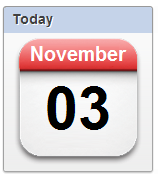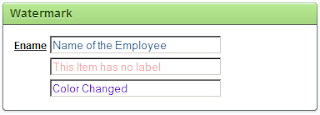Last week the Oracle PL/SQL Programming (OPP) and APEXposed conference took place in Brussels, Belgium.
My session was on Edition Based Redefinition,
the killer feature of the Oracle 11
g Release 2 database. One of my demo's showed what a procedure looks like when you override it in a newer edition from the datadictionary standpoint.
In earlier releases of the Oracle database it was not possible to have two procedures (or any other object as a matter of fact) with the same name in the same database schema.
With Edition Based Redefinition you can have two procedures with the same name, as long as they are in different Edtions.
For this demo I will use the new datadictionary view USER_OBJECTS_AE.


